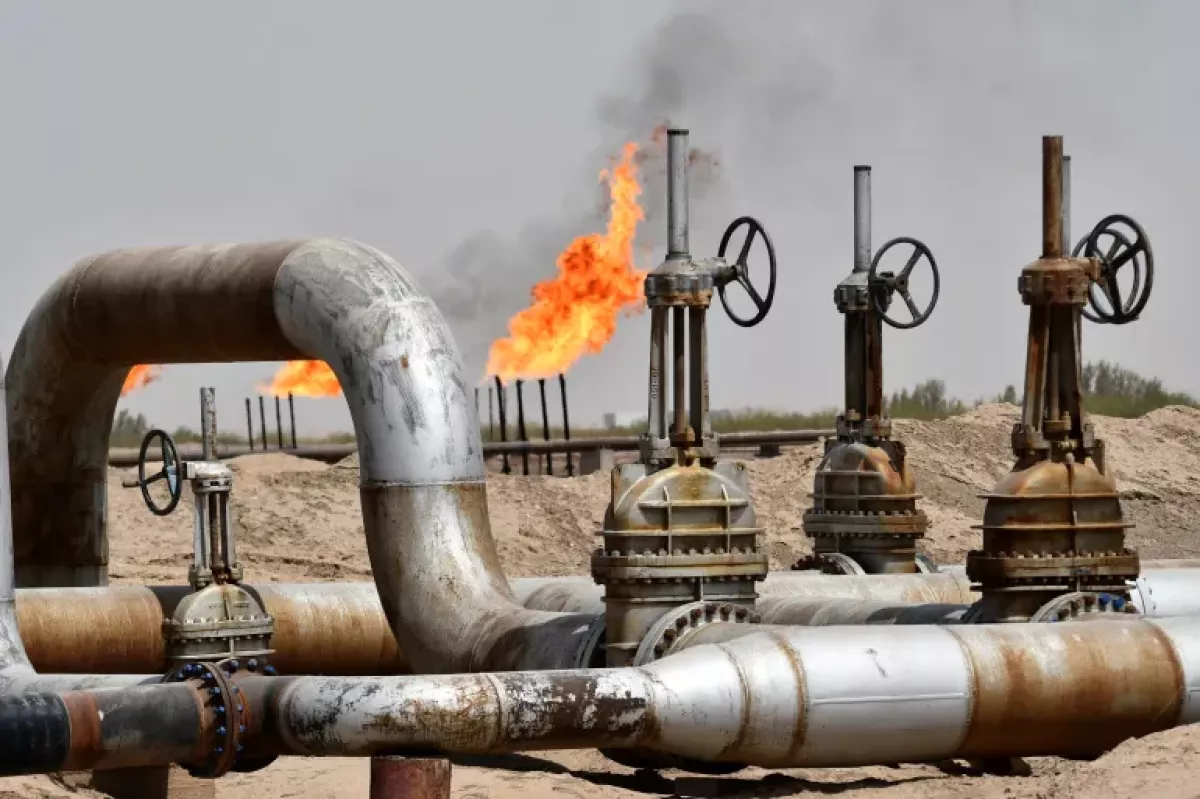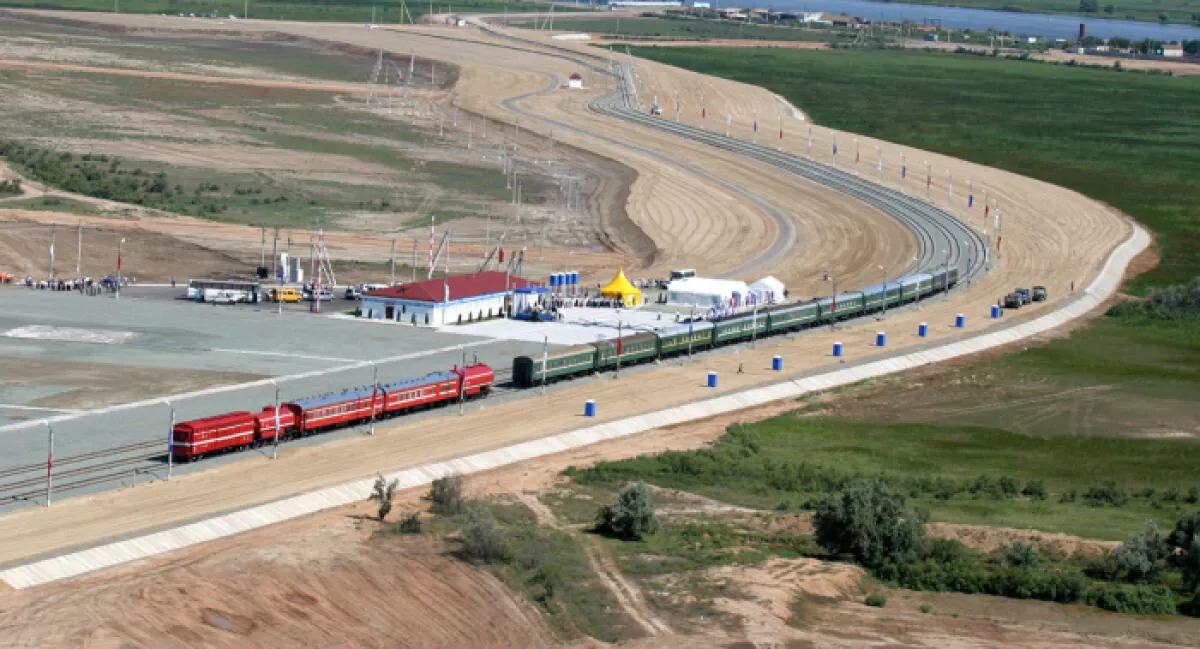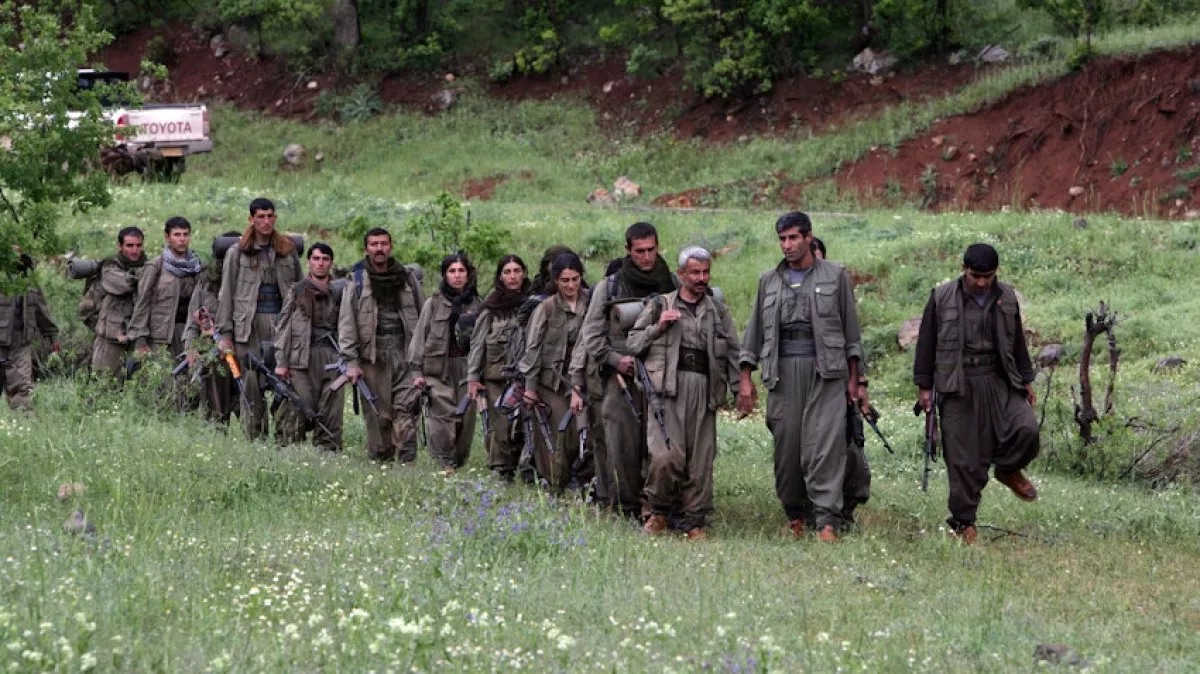Development road project: A path to prosperity? Addressing the sceptics
On August 29, Türkiye will host a ministerial meeting with Iraq, Qatar, and the United Arab Emirates (UAE) to discuss an ambitious multi-billion-dollar project to connect the Iraqi port of Basra on the Persian Gulf to Türkiye and beyond. The estimated $20 billion project was formalized during Turkish President Recep Tayyip Erdogan's official visit in April to Baghdad and will link the al-Faw port in Basra, which is currently under construction, to Türkiye via a 1,275-kilometer rail and road network.
This network would enhance Iraq’s geopolitical status as a trade corridor and provide financial returns, reducing the state’s reliance on hydrocarbons. However, the project does not come without challenges, such as financing, lack of infrastructure, and regional security issues. Nevertheless, the ambitious project would help Iraq to find a place for itself amid regional geoeconomic and geopolitical rivalry as competing trade connectivity projects are being put forward. If failed, it will hint at the idea that Iraq is not able to implement any kind of regional trade project that will chase away potential investors and cash flow to other regional countries. Therefore, Iraq needs to fulfil its duties within the new project to transform borders from conflict areas into zones of converging interests and economic integration.

Despite its vast hydrocarbon resources, Iraq remains an economically and socially vulnerable regional country with severe insecurity and political fragmentation within. However, the potential of the Development Road Project to reduce Iraq's dependence on oil revenues and develop alternative economic sources is a hopeful prospect. As such, Iraq plans to establish several free economic zones within the project to incentivize investments starting with the southeastern Anatolia segment.
Prime Minister Mohammad al-Sudani's ruling government actively embraced the Development Road project. However, it is arguable to what extent the al-Sudani government is potent in addressing domestic instability to assure investor countries maintain vocal support of the project. The primary source of instability in Iraq is the deep divergence between the Iraqi government and Iranian-backed Shi’a paramilitary groups led by prominent cleric Muqtada al-Sadr.

Moreover, the Development Road project has its own rivals, like the North-South Transport Corridor (INSTC), with the active involvement of Iran. Iran joined the INSTC, connecting India, Azerbaijan, and Russia to strengthen its regional position in 2002. However, due to Russia’s and Iran’s large stakes in the project, the Western countries, namely the United States (US). Recently, the US praised the Development Road agreement as an ideal way for Türkiye and Iraq to establish closer strategic ties. Washington also lauded the corridor’s potential to reduce Iraq’s dependence on Iran.
Despite rivalry with pro-Iranian groups within, PM Sudani is making enormous efforts to avoid renewed confrontation with Iran ahead of an important ministerial summit and agreements over the project. Indeed, Tehran’s opposition to the Development Road extends beyond concerns that the Islamic Republic could be cut out of regional integration projects.

In this regard, Iraq understands that before the full implementation of the Development Road project, Baghdad needs to reach a final consensus with Ankara regarding water resources management. In addition, shortly before the summit announcement, Türkiye-Iraq signed a new security pact envisioning a joint fight against the banned Kurdistan Workers' Party (PKK) in northern Iraq. Relations between Türkiye and Iraq have always been fraught, marked by periods of cooperation overshadowed by disputes, especially over the PKK's presence in northern Iraq's mountainous regions.
Consequently, the recent negotiations and upcoming ministerial meetings over the Development Road Project reflect the trend of multilateralism, where states are now crafting agile and flexible diplomatic coalitions to pursue their interests. In this context, the project is poised to contribute to Türkiye’s economic development, positioning it as a regional transit hub and a crucial link between Europe and Asia. If successful, the new project could pose a challenge to INSTC and India-Middle East Corridor projects as a viable route to Europe and vice versa.








